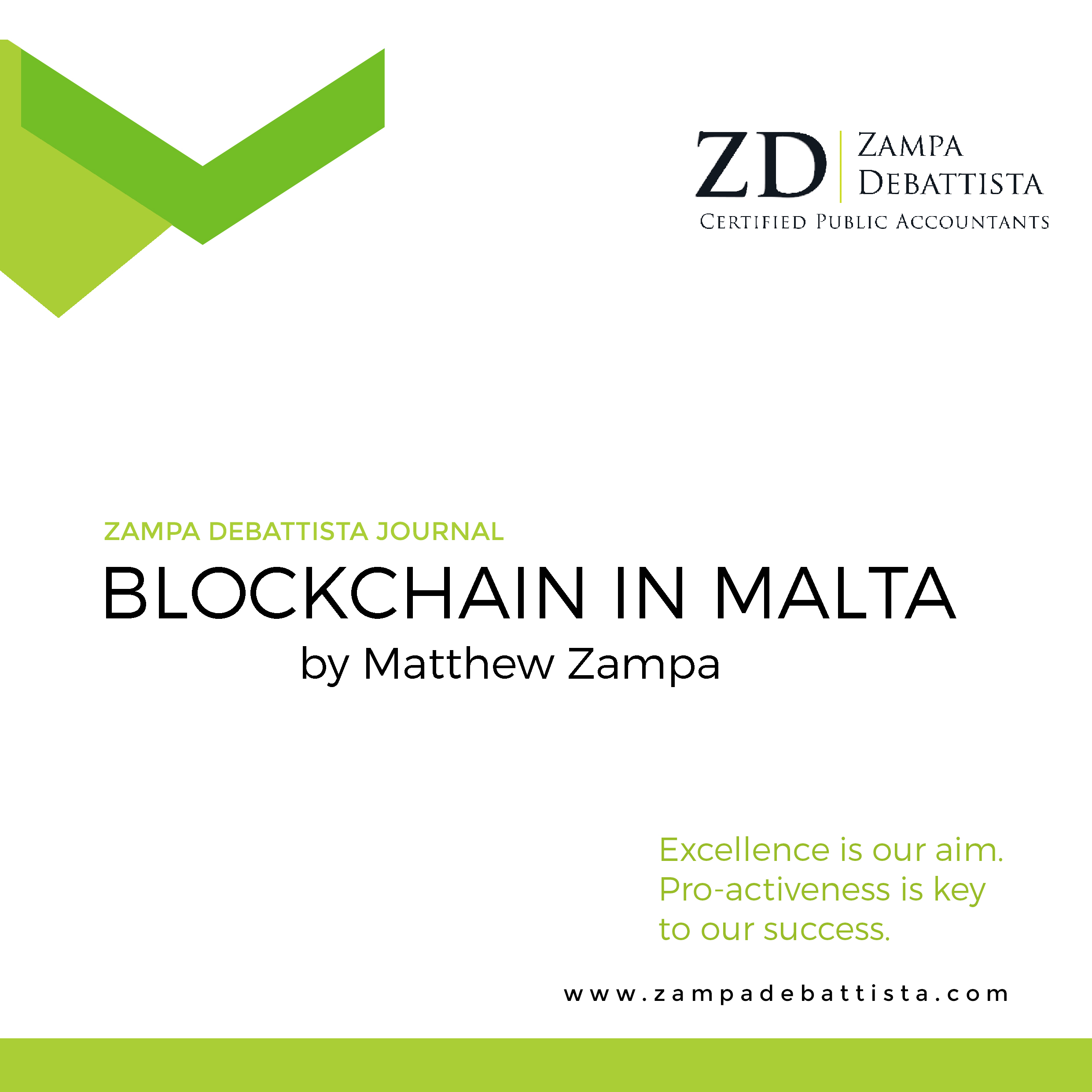Malta’s government recently developed a regulatory framework to govern applications of blockchain technology, putting it at the forefront of jurisdictions recognizing the unique opportunities of the distributed ledger technology (DLT) sector.
Malta’s framework consists of three Acts enacted on the 20th of July:
- Innovative Technology Arrangements and Services Act, 2018
- Virtual Financial Assets Act, 2018
- Malta Digital Innovation Authority Act, 2018
In a nutshell, these Acts establish the Malta Digital Innovation Authority, establish a framework for raising capital via Initial Coin Offerings (ICOs), and set parameters for innovative technology service providers in the industry.
The Need for a Regulatory Framework
Blockchain technology has gained increasing prominence because of its application to diverse industries, including healthcare, finance, and gaming. Its wide-ranging use cases have attracted the attention of regulators who, especially pay close scrutiny to the public ICOs that many blockchain projects use to raise capital for their endeavours—in lieu of heavily-regulated traditional funding methods such as bank loans and Initial Public Offerings (IPOs).
ICOs are, in fact, very similar to IPOs in the way that they raise capital; however, blockchain technology is relatively new, and their funding mechanisms have some key fundamental differences with those for traditional asset classes. In particular, DLT assets themselves are highly diverse: some closely resemble bonds, others look more like commodities, and others act like currencies or equity shares instead. As a result, there is a lack of legal and regulatory clarity on the sector and its fundraising mechanisms, which can leave potential investors unprotected or surprised.
Through its three bills, the Maltese government aims to establish regulatory certainty by building a framework where companies can fund their projects with ICOs upon meeting the necessary requirements, while assigning roles to a regulatory authority specializing in DLT assets, and defining the duties of auditors and other key personnel in order to protect the interests of stakeholders.
By adopting this strategy, Malta is on track to become a central hub for companies seeking to research and develop innovative solutions using blockchain technology, and to attract investors interested in the sector.
Why is accounting for Blockchain different?
Technology is evolving, and so should accounting practices. Blockchain will shift the role of accountants. Accountants will spend less and less time on transaction level accounting, and more on planning and interpreting blockchain records. Blockchain technology will replace some accounting functions like maintaining, updating and reconciling records to provide figures for potentially all financial statements line items in real time. It will also increase transparency by providing trustworthy of data with a much faster—in fact, near instant—turnaround time.
Accountants will need to adopt a different array of internal controls, and focus their time and energy on the valuation and economic worth of the information generated by Blockchain, such as accounting estimates. The accountant’s role will be more of an advisor. As a consequence of this, even the auditor’s role is expected to change, since there will be more reliance on fully trustworthy blockchain-generated data.
Implementation will be gradual and incremental. At first, it will probably be applied to individual business units or specific business processes, until it is trusted enough to be applied at the enterprise resource planning (ERP) level. Roadblocks to Blockchain implementation include privacy and general acceptability concerns, and the cost of data integration, which is difficult to estimate at this stage.
Existing challenges within the tax environment
From a VAT perspective, it is challenging to analyse any operation concerning DLT assets for the purposes of determining the correct VAT treatment and identifying VAT implications arising as a result. Although discussions on the subject matter have intensified at both EU Community and national levels, corresponding to the fast and tenacious development in the field of Digital Ledger Technology, there are not yet any official binding policies, standards or guidelines available for reference. As a result, any related analysis can currently only be based on the application of the basic principles underlying VAT in terms of the VAT Directive and relevant national VAT legislation.
Likewise, from a direct tax perspective, one has to apply the existing legislative framework for the purposes of understanding any tax consequences. However, for the purposes of providing clarity on the tax treatment of DLT assets, it is envisaged that rules and/or guidelines will be issued by the Tax Authorities shortly. Such rules and/or guidelines should provide the answers to the following queries:
Will security tokens fall under the existing definition of securities as defined in the Income Tax Act?
When a company issues an ICO for investors to acquire utility tokens, will the issuer be taxable at the point of issuance or upon redemption of the tokens by the token holders?
Will the transfer of security and utility tokens be deemed to be of a trading or capital nature?
Zampa Debattista
Zampa Debattista is a boutique accounting and assurance firm, primarily focused on international business. As a result of the changes in the tech world and the proactiveness of the Maltese Government in establishing the much desired legal framework, Zampa Debattista has established a dedicated Team focused on the different aspects of the DLT regime. Zampa Debattista is currently offering specialised services in the above sector including financial and DLT systems auditing, as required by the Innovative Technology Arrangements and Services Act, accounting, and tax advisory services. It is also in a position to provide services related to the implementation and maintenance of distributed ledger technologies such as advisory, token network sale structure & economics, research and development.
Download:


